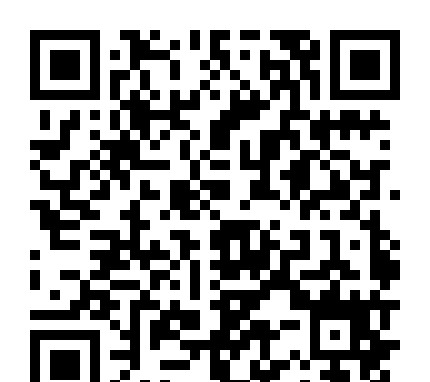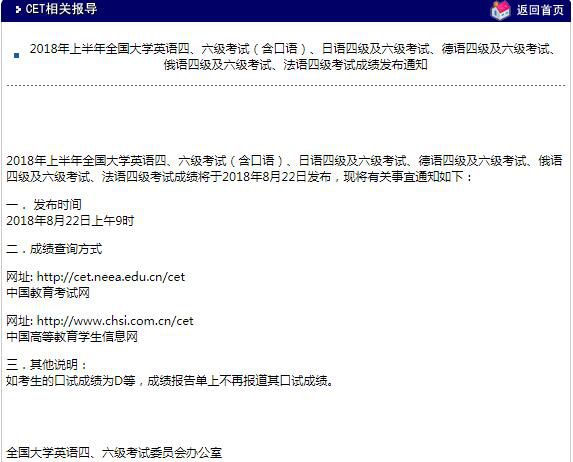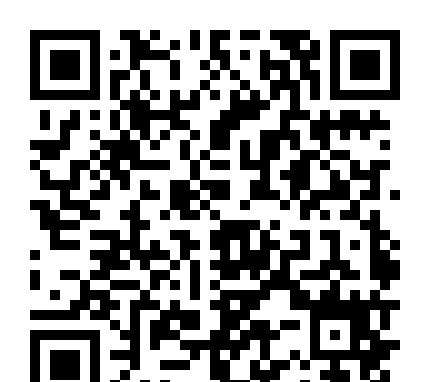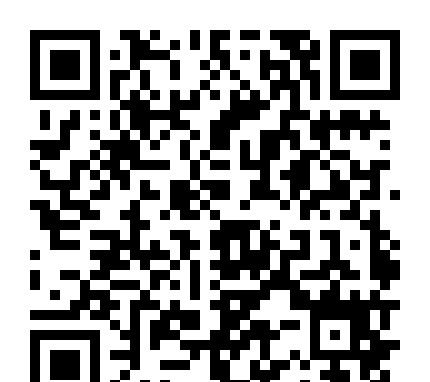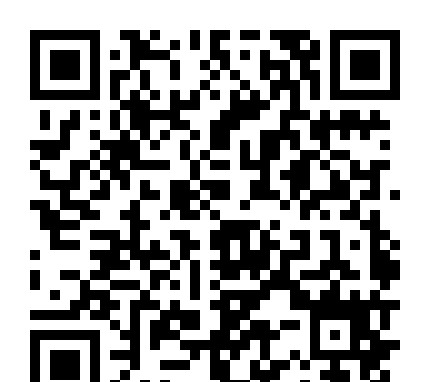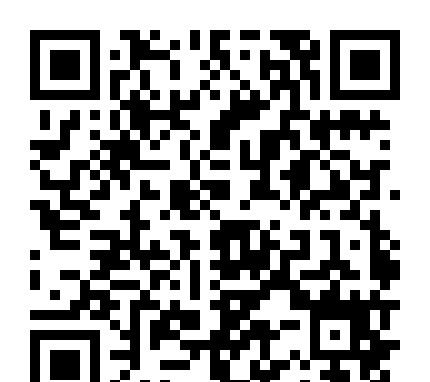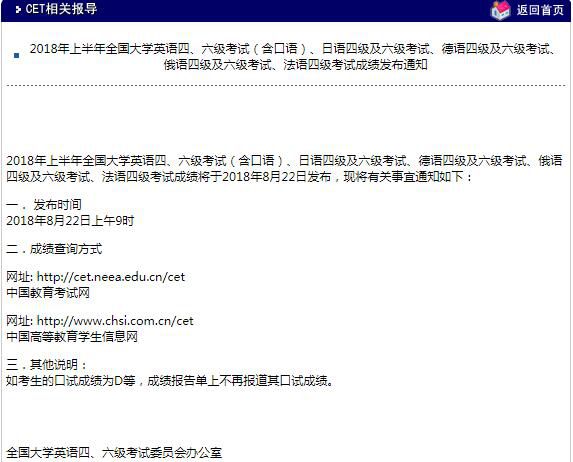Nike sues Chinese companies
|
American sporting goods giant Nike is suing two Chinese companies for copying one of its logos - a silhouette of former basketball star Michael Jordan slam-dunking. Shanghai Century Lianhua Chengshan Supermarket Co Ltd was illegally displaying and selling fake sports pants bearing the logo for nearly a year, Nike International told Shanghai No 2 Intermediate People's Court yesterday at a hearing. The first defendant purchased the pants from the second defendant, Shanghai Kangchen Garment Co Ltd, said Nike's attorney Kong Qin. "The two defendants should print a notice in local Xinmin Evening News to dispel the negative influence they created and pay a compensation of 300,000 yuan ($43,900)," he said. But the two contend that the logo they are using is actually not the same as Nike's. "We didn't know the Nike logo is similar to that on our products," said Tang Yun, the attorney of the two defendants. "It is true our logo bears some resemblance to Nike's, but ours also includes the word 'sports' in block letters, therefore one could not be mistaken for the other," he said, adding that the compensation asked for "is way too high". Tang explained that Shanghai Kangchen did not produce the pants but purchased them from a market in Changshu, Jiangsu province, at 13.2 yuan each for 50 pieces. The supermarket bought 39 pieces from Kangchen and sold 32. A pair of pants bought by Nike from the supermarket on August 20, 2008 for19.9 yuan, and presented at the court yesterday bears a logo with a figure holding a ball with SPORTS written under it. The figure is slightly different from that of the Jordan silhouette used by Nike. No verdict has been reached yet. The number of intellectual property right (IPR) litigations is rising in Shanghai's courts. In 2008 they accepted 1,757 IPR-related cases and resolved 1,634, 43.1 percent and 33.2 percent respectively higher than those in previous years. More than 15 percent of cases involve overseas parties, mostly from the United States, Britain, Japan and Germany. Last month, fashion firm Louis Vuitton (LV) brought the owners of a Shanghai shop to court for selling counterfeit versions of its trademark products. LV is demanding 1 million yuan ($145,000) from them. No verdict has been given. Meng Ting, a lawyer with Beijing Jinque Law Firm, said despite a major drive towards IPR protection "counterfeit goods are still widely seen", as "the compensation is way too little compared to the profit". If the plaintiff fails to quantify the loss, he can claim a maximum of 500,000 yuan. |

